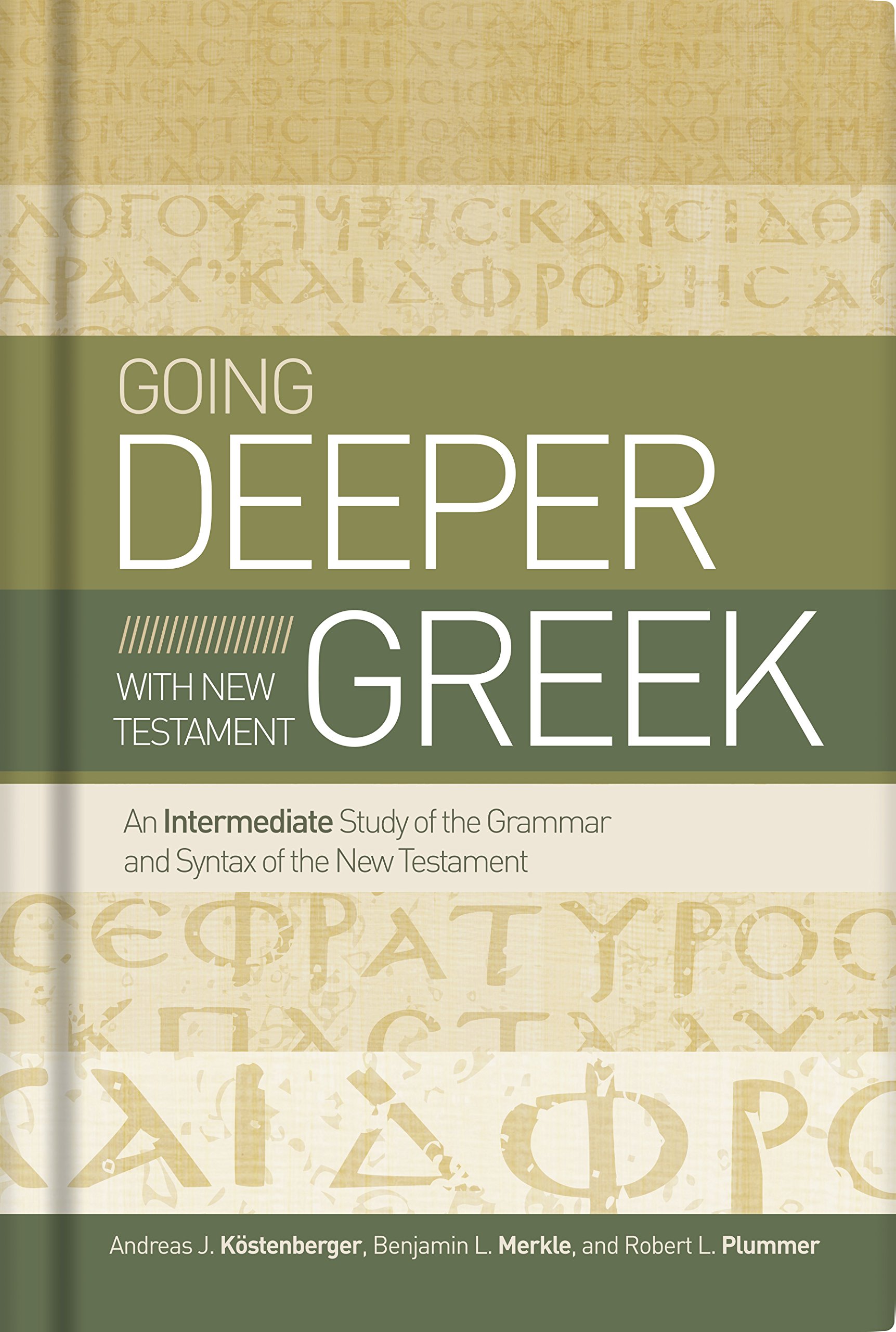Guest Blog from Rob Plummer
Matthew 28:18–20 (the “Great Commission”) is frequently used to challenge people to follow Jesus overseas as full-time career missionaries. Such teaching often places the emphasis on “going.” And, from reading the Great Commission in English Bible translation (e.g., ESV, HCSB, NASB, NIV), one does get the sense that the imperative “Go” is emphasized by the biblical author.1 A look at the Greek text, however, reveals a slightly different emphasis. Matthew 28:19–20a reads:
πορευθέντες οὖν μαθητεύσατε πάντα τὰ ἔθνη, βαπτίζοντες αὐτοὺς εἰς τὸ ὄνομα τοῦ πατρὸς καὶ τοῦ υἱοῦ καὶ τοῦ ἁγίου πνεύματος, διδάσκοντες αὐτοὺς τηρεῖν πάντα ὅσα ἐνετειλάμην ὑμῖν.
Go, therefore, and make disciples of all nations, baptizing them in the name of the Father and of the Son and of the Holy Spirit, teaching them to observe everything I have commanded you.
The student will note that there is only one explicit imperative in the Greek text, μαθητεύσατε (“make disciples”). There are three participles, πορευθέντες (“go”), βαπτίζοντες (“baptizing”), and διδάσκοντες (“teaching”). Matthew frequently uses participles that communicate attendant circumstances alongside main verbs. Bible translators are correct to see here contextual markers pointing to πορευθέντες (“go”) being employed to communicate attendant circumstance—functioning imperatively alongside the main imperative verb, μαθητεύσατε (“make disciples”).
Nevertheless, in translating πορευθέντες (“go”) as an imperative, a structural nuance from the original Greek is lost. Had Matthew wanted to line up imperatives side by side, he easily could have (e.g., 2 Tim 4:2). Yet, by using one imperative and three grammatically dependent participles, Matthew emphasizes the centrality of “making disciples” in Jesus’s final instructions.
Certainly, disciples cannot be made without “locomotive initiative” (going); neither are disciples made without initiation/formal declaration of allegiance (baptizing) or instruction (teaching). However, the “neon flashing sign” in the Greek text is the word μαθητεύσατε (“make disciples”). When we teach or preach a text such as Matthew 28:19–20, we need to ask not only if we are faithfully conveying the meaning/content of the original text, but also if we are emphasizing what the inspired author emphasized. In this chapter, we will learn methods of studying the Greek text that help reveal the author’s emphasis.
(From chapter 13, pages 435-436 of Going Deeper with New Testament Greek.)
